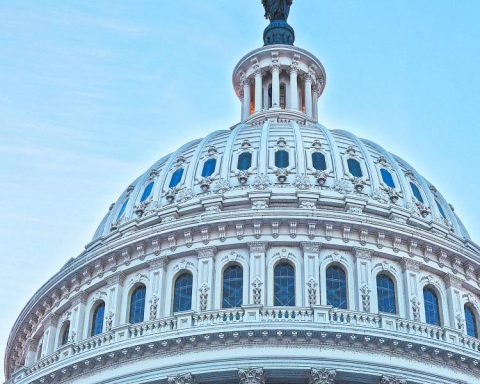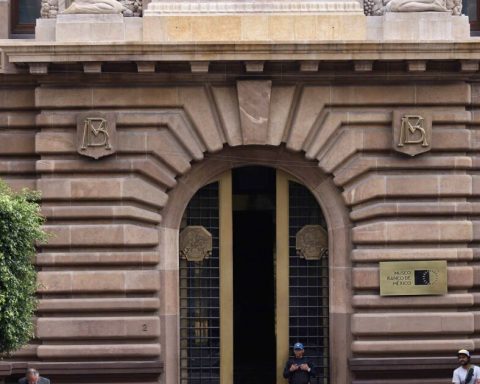L
Iowa farmers, in the US corn belt, they are very concerned about what they call Mexico’s ban on GM corn. Hence, two senators from that state, members of the Agriculture Committee, asked the United States trade representative to formally request dispute resolution consultations under the Mexico-United States-Canada Agreement (bit.ly/3VupBS3).
The ban they fear originates from actions of the government of President López Obrador: the decree of December 31, 2020, which proposes the gradual elimination of the herbicide glyphosate, but in its sixth article it establishes that the biosafety authorities they will revoke and refrain from granting authorizations for the use of genetically modified corn grain in food
until fully replaced by January 31, 2024. This order, however, is subject to to the sufficiency in the supply of corn grain without glyphosate
(bit.ly/3hVRzr9).
Until today in Mexico, the commercial planting of transgenic corn is prohibited. However, corn imports, which mostly come from the United States and more than 90 percent are transgenic corn, have entered the country without obstacles. Between 2002 and 2018, Mexico authorized the importation –for direct human consumption and food processing– of 72 transgenic maize events tolerant to herbicides, mainly to glyphosate. However, during this government, permits have not been authorized for the importation of new transgenic corn destined for human or animal food. In addition, in October 2021, the Federal Commission for the Protection against Sanitary Risks denied Bayer a permit for the future importation of a genetically modified corn resistant to glyphosate.
Added to these actions were the President’s statements on November 9, when he mentioned that during his visit to the United States in July They had been proposed to purchase yellow corn… And we said no, no, there is a market, which continues to be sustained, but the government cannot purchase yellow corn, because we don’t want GMOs
. Thus, the government rejected the purchase, but did not close the entry of transgenics imported by private companies (bit.ly/3EOHvJm).
To address the concerns of US exporters, the Undersecretary of Agriculture in charge of food self-sufficiency reported the plan to halve imports of yellow corn from the increase in national production, and to make agreements with producers in the United States , Brazil and Argentina to ensure imports of non-transgenic yellow corn to supply Mexico as of January 2024 (bit.ly/3gmZWM4). Although in these three countries transgenic maize represents more than 90 percent of their production.
In the opposite direction, President López Obrador launched on October 3 the opening agreement against inflation and shortages signed with 15 of the largest agri-food corporations operating in the country, of which nine have corn as their main input and have been staunch defenders of unrestricted corn imports: Gruma-Maseca and Minsa (corn flour and tortillas); Bachoco, San Juan and Calvario (egg and chicken); Sukarne and Gusi (beef), and Sigma and Opormex (pork).
Through this agreement, the government grants companies a single, universal license to import and distribute food and inputs and frees them from all permits or taxes, including health and foreign trade.
This agreement has begun to bear fruit for companies that already have commitments to deliver 400,000 tons of white corn from South Africa (with between 85 and 90 percent of their production genetically modified), now without 20 percent of tariff and without permits from Cofepris and the National Service of Health, Safety and Food Quality. This import of white corn, of which the government presumes we are self-sufficient, occurs with the explicit objective of lowering prices for corn growers in the Bajío (bit.ly/3V7fWjO).
In a context of rising international corn prices derived from the reduction in supplies due to the war in Ukraine, rising food prices due to inflation, and stagnant national corn production, which has not managed to recover the 28 million tons in 2016 and a record increase in imports that reached 17.4 million tons in 2021, it does not appear that the ban on imports of transgenic corn for human use can be complied with.
*Director of the Center for Studies for Change in the Mexican Countryside
















